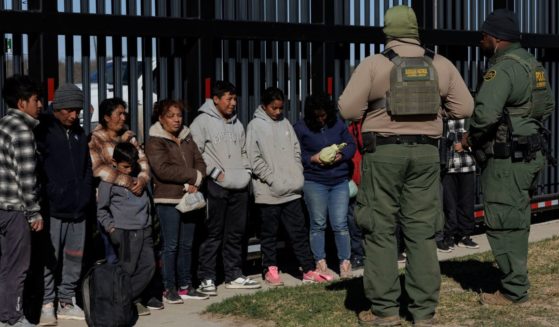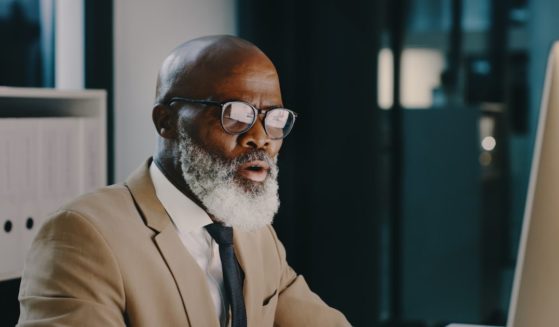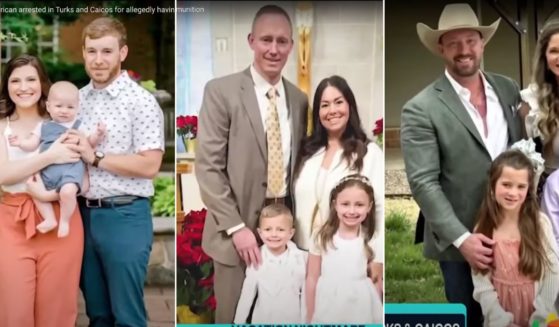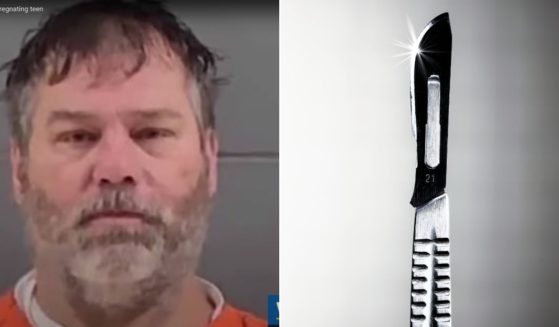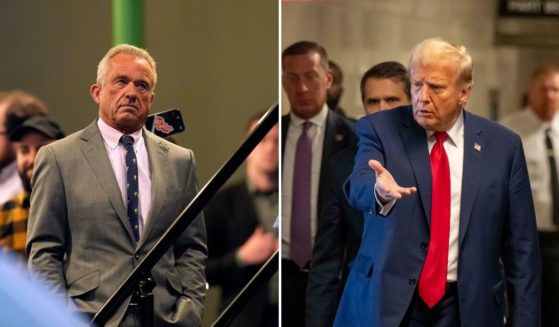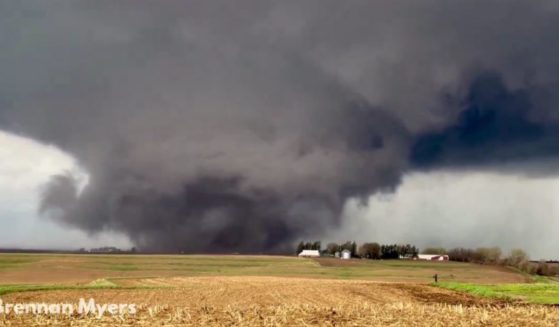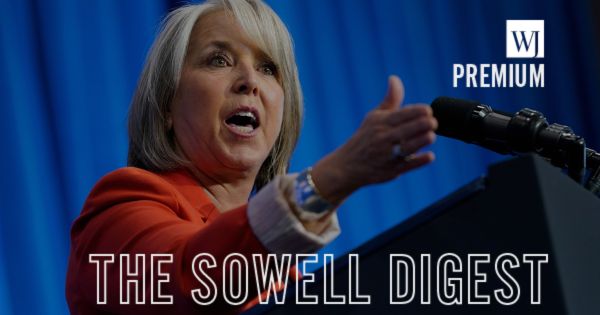
Will New Mexico's Gun Ban Stop Crime? Here's What Thomas Sowell Would Say
Gun control does not achieve its advocates’ stated purpose of reducing violent crime. Even if it did, we could not submit to it. But it does not.
Thomas Sowell has often reminded us of gun-grabbers’ zealotry in the face of contrary evidence. A recent act of gubernatorial tyranny provides an occasion for revisiting his words on this subject.
On Friday, Democratic Gov. Michelle Lujan Grisham of New Mexico issued a 30-day executive order suspending the open and concealed carry of firearms in Bernalillo County, including the city of Albuquerque.
Like other tyrants in recent years, Grisham justified her power grab as a response to a “public health emergency.” That sudden “emergency,” according to the governor, is gun violence, which has plagued societies since the gun’s invention.
Mercifully, Grisham’s order has met with serious resistance. State and county officials, for instance, have refused to enforce the unconstitutional edict, and a judge has issued a temporary restraining order to prevent it from taking effect.
Beyond the question of authority, however, Grisham’s underlying assumption remains. She believes — and she is not alone in her belief — that government-imposed gun control reduces violent crime.
The Bill of Rights exists to protect citizens from governors like Grisham. So the Second Amendment has nothing to do with crime.
The Declaration of Independence proclaimed as one of its self-evident truths that “Governments are instituted among Men, deriving their just powers from the consent of the governed.” Disarmed citizens cannot give meaningful consent.
Thus, on the most fundamental level, defenders of the Second Amendment need not engage with those who claim that gun control reduces violent crime. Even if it did, we could not maintain freedom without the right to defend our sovereignty against government usurpers.
How much more frivolous the gun control argument appears, moreover, when evidence shows that gun control does not reduce violence.
Sowell has demonstrated that even the practical justification for gun control falls apart. In fact, he has applied consistent scrutiny to the gun control argument even at times of heightened emotion when many people did not welcome such scrutiny.
On Dec. 18, 2012, for instance — four days after the massacre at Sandy Hook Elementary School in Newtown, Connecticut — Sowell’s article, “The great gun control fallacy,” appeared in The Guardian.
“Must every tragic mass shooting bring out the shrill ignorance of ‘gun control’ advocates?” Sowell began.
“The key fallacy of so-called gun control laws is that such laws do not in fact control guns. They simply disarm law-abiding citizens, while people bent on violence find firearms readily available,” he added.
Sowell then presented a series of facts showing that gun control laws are “not merely futile but counterproductive.”
For instance, murder rates trend highest in urban areas, yet a higher percentage of residents in rural areas own guns. Likewise, in the U.S. overall, “handgun ownership doubled in the late 20th century, while the murder rate went down.”
Similar patterns have prevailed across the world. Russia, Brazil and Mexico all have tougher gun control and higher murder rates than the U.S. An inverse relationship between murder rates and gun ownership also exists in Israel, New Zealand and Finland.
In all, Sowell crammed at least 10 pieces of empirical evidence into a short article. Each piece of evidence refuted the idea that there is a direct correlation between gun control and reduced violence.
“There is innocent ignorance and there is invincible, dogmatic and self-righteous ignorance. Every tragic mass shooting seems to bring out examples of both among gun control advocates,” Sowell concluded.
In a 2018 interview with conservative commentator Steven Crowder, Sowell continued making this appeal to facts.
“When did you ever see any gun control advocate come up with numbers that show that gun control reduces murders?” Sowell asked.
He cited a “huge volume of evidence” from all 50 states with “all kinds of different gun laws” and “all kinds of ways they could be compared.”
“You have a mountain of evidence if you are looking for evidence. Instead, they just simply assume from Day One that if you have tighter gun laws you’ll have less murder. … And there’s tons of empirical evidence pointing just in the opposite direction,” Sowell said.
In a 2010 interview with Peter Robinson of the Hoover Institution, Sowell noted the difference between hopes and reality.
“Hey, I wish people didn’t have guns,” Sowell said. “But the fact is that passing a law does not stop them from having guns. It just makes you defenseless.”
Sowell then pointed to higher burglary rates in Britain, which boasts strict gun control.
“Now, if you’re in the United States and you’re gonna bust into someone’s house in the middle of the night, you may be met by a hail of bullets. In Britain, they have made burglary a safe occupation. It’s like OSHA for burglars,” Sowell said.
Again, unconstitutionality aside, gun control laws (or gubernatorial edicts) do not work.
Sowell’s evidence undercuts even the practical justification for an unjustifiable act of tyranny.
CORRECTION, Sept. 15, 2023: Santa Fe is the state capital of New Mexico. An earlier version of this article named a different city.
Truth and Accuracy
We are committed to truth and accuracy in all of our journalism. Read our editorial standards.

